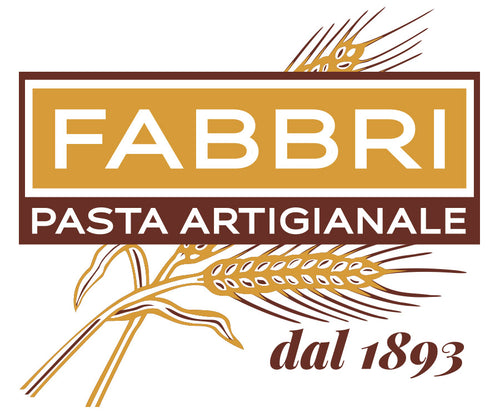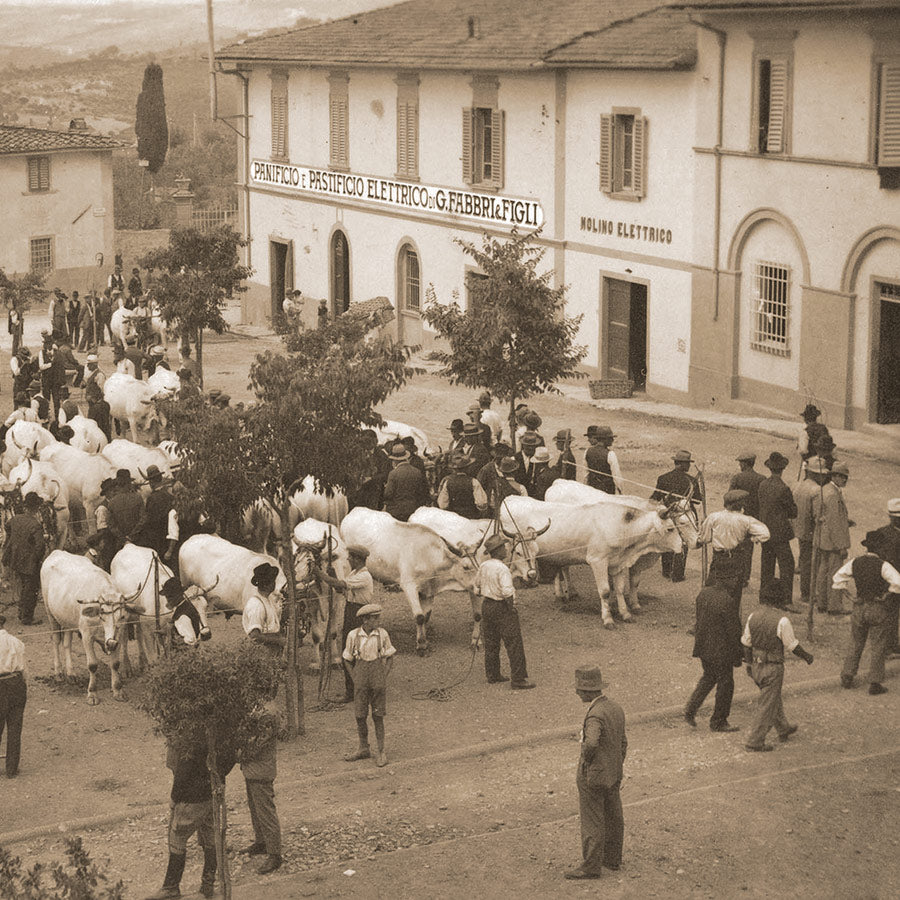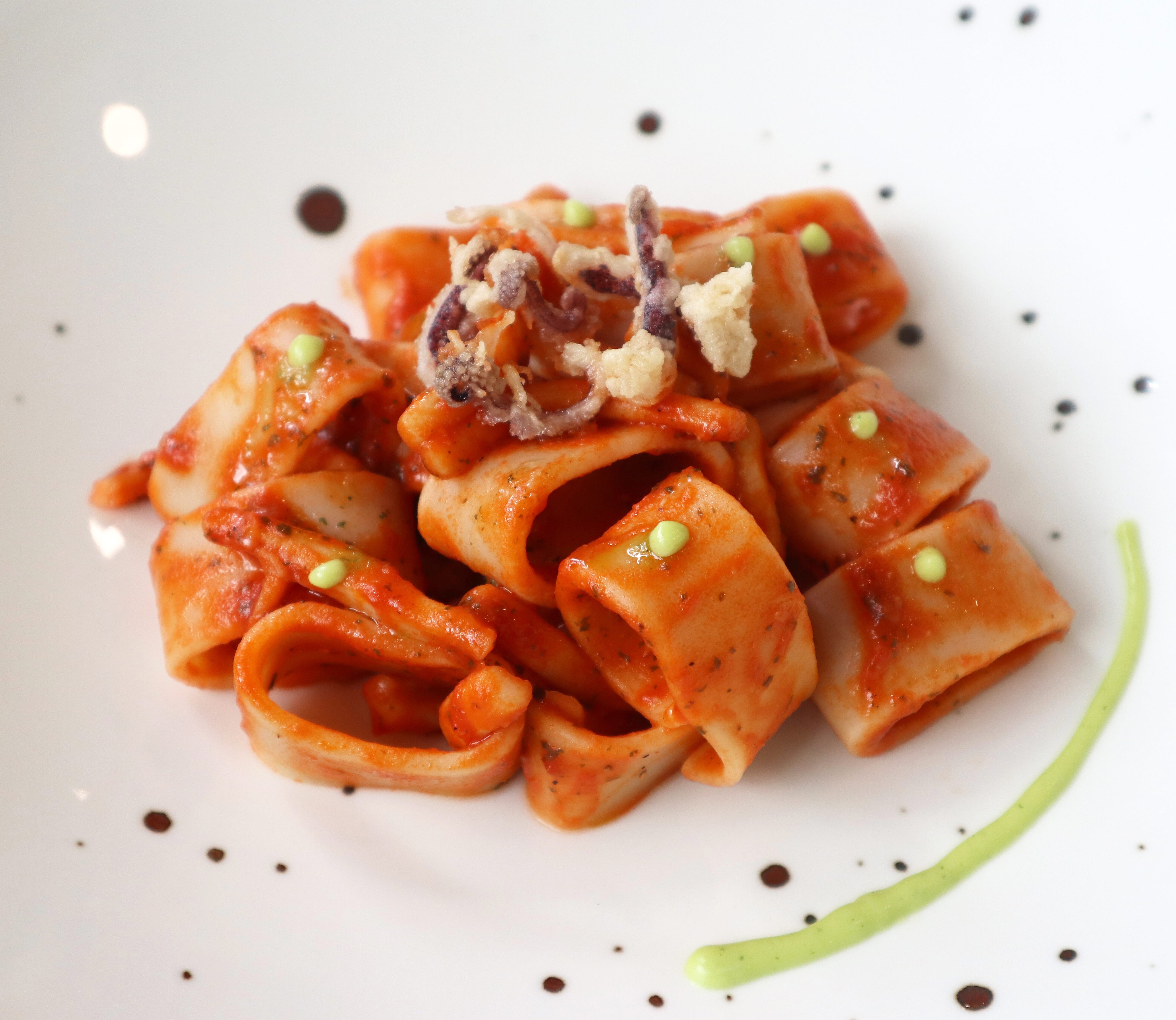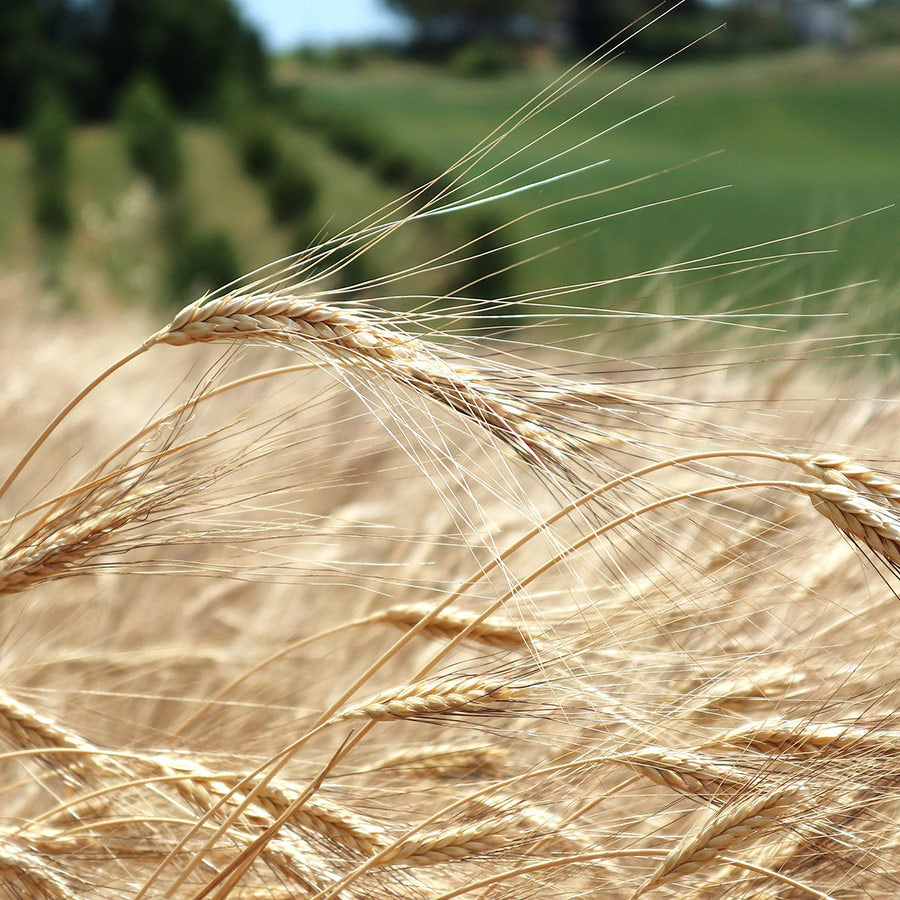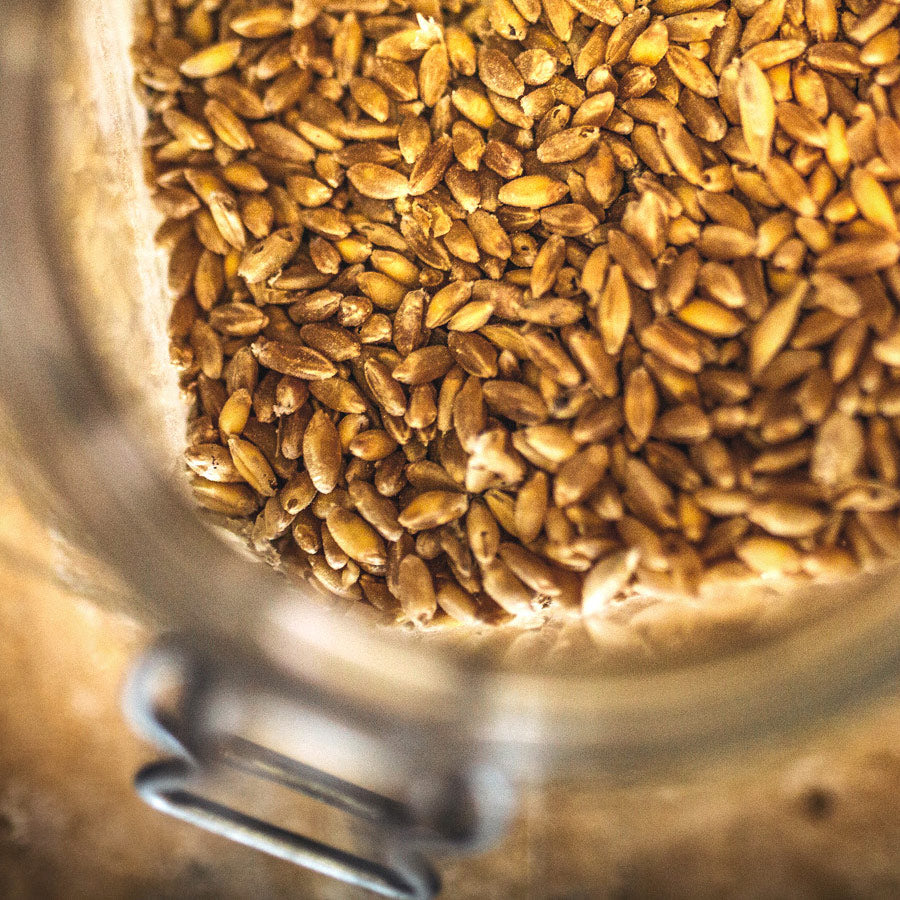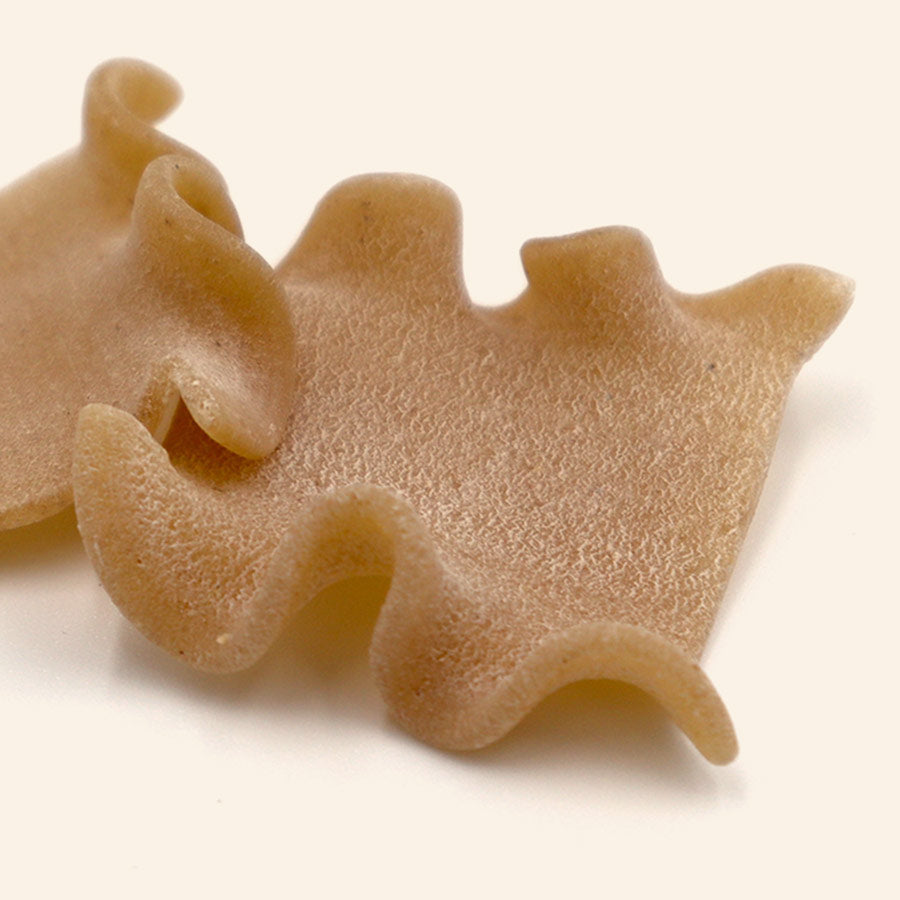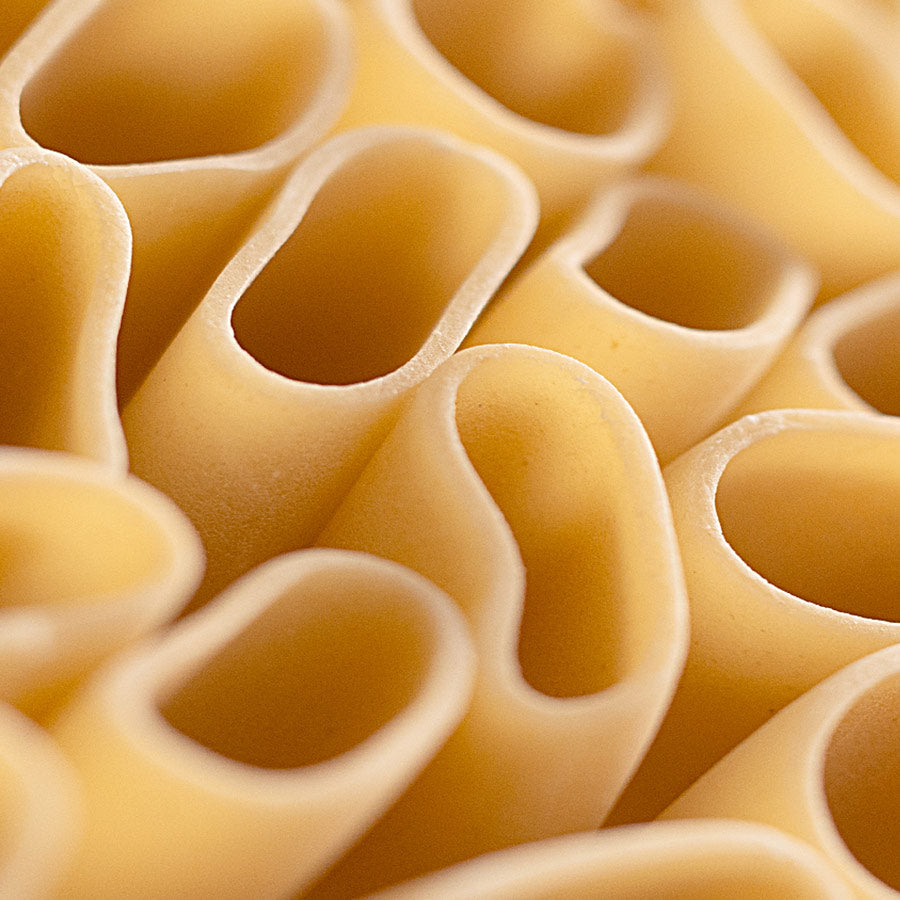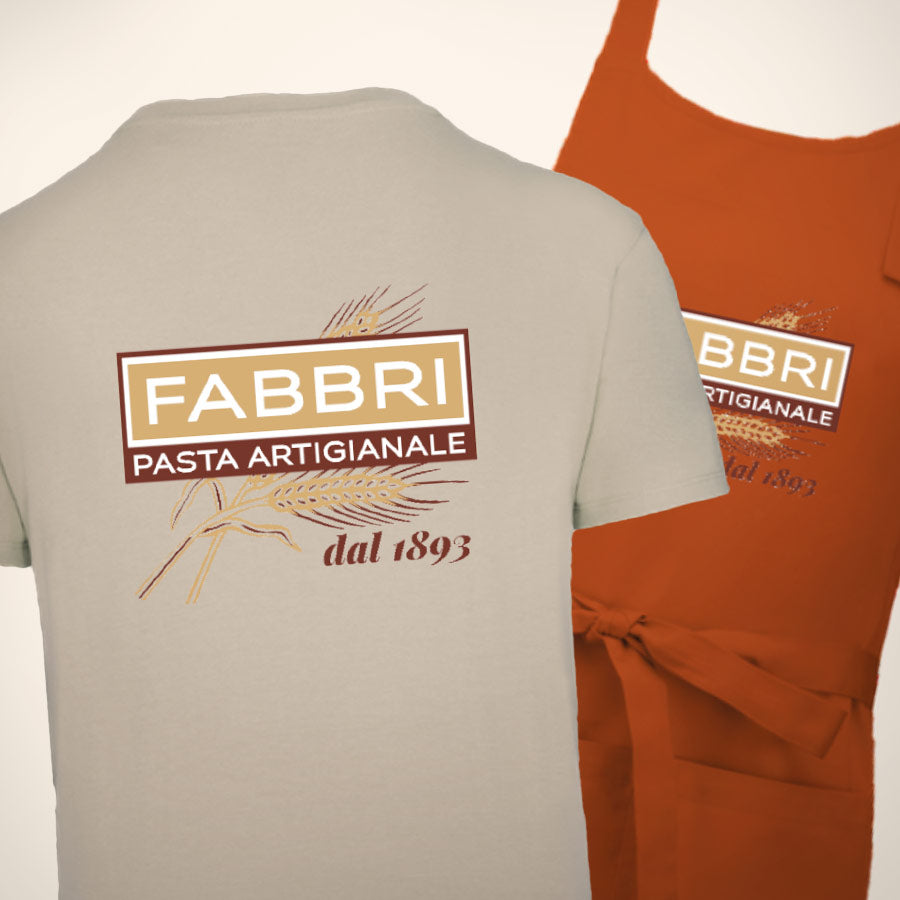Ancient Grain Pasta: A Ally for Digestion

Digestive issues? Alessandra's story and her discovery of pasta made from ancient grains
Like many parents today, Alessandra was concerned about her son's digestive problems. "My son had issues with his digestive system," she says. "Primarily, he suffered from reflux and difficulty digesting."
The turning point came when Alessandra discovered ancient grain pasta, rich in fiber, polyphenols, wheat germ, and vitamins.
An Evident Improvement in Just a Few Days
Curious, Alessandra and her son decided to try Pasta Fabbri. Within just a few days, they noticed a significant improvement in the symptoms.

What Made the Difference?
Several factors make ancient grain pasta a valuable ally for digestion:
-
Low Genetic Modification and Gluten Quality
Ancient grains tend to contain more nutrients, fiber, and minerals compared to many modern varieties. They therefore maintain a simpler, more natural structure that can be more easily digested by some people. Additionally, the gluten in ancient grains has a different profile, often being less irritating and more tolerable compared to that of modern grains. -
Nutrient Richness
Ancient grains are often richer in nutrients, fibers, and minerals, which contribute to a healthy digestive system. Fibers, in particular, can improve bowel regularity and overall digestion. -
Biodiversity
The genetic variety of ancient grains can offer a broader range of nutritional benefits and enzymatic profiles that support digestion. -
Polyphenols and Vitamins
They have anti-inflammatory and antioxidant properties that help reduce intestinal inflammation.
In addition to the quality of raw materials, it is crucial to adopt a processing method that preserves their organoleptic properties. At Pastificio Fabbri, for generations, we have followed the family method of drying pasta at very low temperatures, not exceeding 38°C, for a period ranging from 3 to 6 days.
This method ensures smoother digestion, as it prevents the gelatinization of starches and keeps the gluten in the pasta more digestible.
Tips for Healthy Digestion
Alessandra’s story teaches us how Italians are increasingly attentive to well-being and health. Eating good pasta is certainly beneficial, but it’s not enough: it is essential to consider various aspects to maintain a balanced body. Therefore, it is important to:
-
Listen to Your Body
Pay attention to foods that cause discomfort and try to avoid them or replace them with healthier options. -
Follow a Healthy and Balanced Diet
Consume fruits, vegetables, whole grains, and legumes, which are rich in fiber and essential nutrients for digestive health. -
Drink Plenty of Water
Water helps keep the intestines hydrated and promotes bowel transit. -
Engage in Regular Physical Activity
Exercise improves digestion and reduces stress, which can exacerbate digestive problems.
In any case, if you have digestive issues, it is always advisable to consult a professional.
Choosing wisely what we eat is crucial for our future well-being, even if the information on foods is not always immediately understandable.
To help you understand better, we have written an article on 'How to read the label on a package of pasta,' providing you with the necessary tools to stay informed and make conscious choices.
